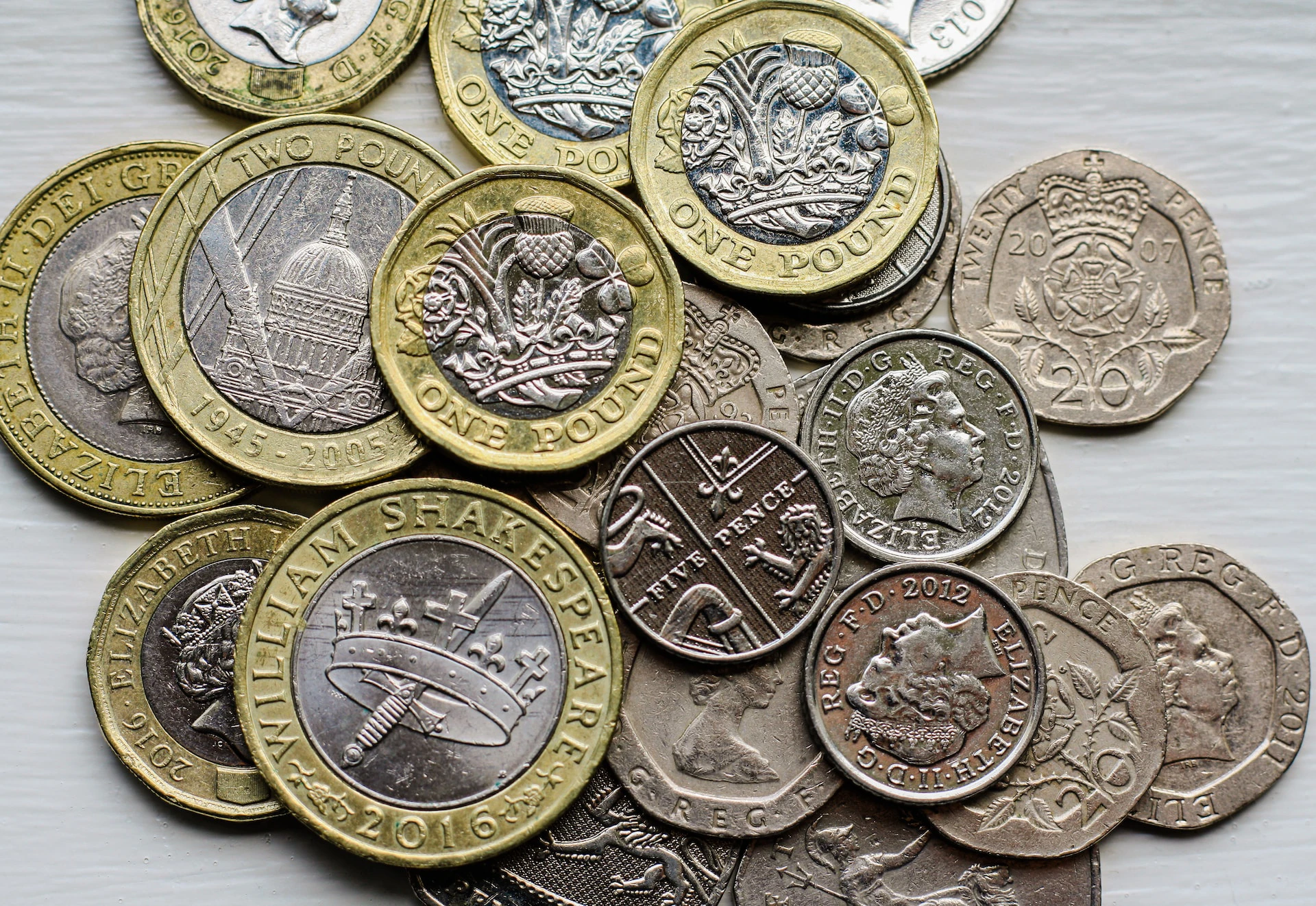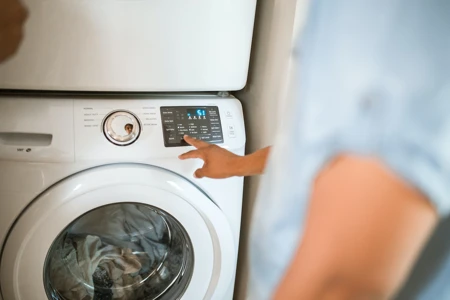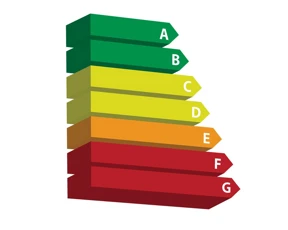*This article was updated in July 2023 following price cap changes. Some information may no longer be current.
Thankfully, there are several steps you can take to make your home more energy-efficient and save money on your energy bills. In this article, we will explore some effective ways to reduce home energy costs while also contributing to a greener and more sustainable future.

What is the average cost of electricity and gas in the UK?
Earlier this year, Ofgem announced that in July the energy price cap will fall by £426. According to The Eco Experts1, from July to September, the annual energy bill for the average UK household is set to decrease to £2,074. This reduction of 17% will be applicable to dual fuel households utilising direct debit, which is the most common payment method for energy in UK homes. However, if you have a prepayment meter, the average bill will be slightly elevated at £2,077.
It’s worth knowing what the average cost of electricity and gas is in the UK, so you can work out how much you’re spending.
To find the most accurate and up-to-date information, we recommend checking the websites of utility providers or contacting them directly for the latest prices. Additionally, economic factors and government policies can influence energy prices, so it's always best to consult reliable sources for the most current data.
How to reduce home energy costs
Use a smart meter
Smart meters are a valuable tool in understanding and managing your energy consumption. These digital devices provide real-time data on your energy usage, allowing you to see exactly how much energy you're using and when. By having this information readily available, you can identify energy-intensive appliances, make more informed decisions about your energy usage, and adjust your behaviour accordingly.
With a smart meter, you no longer need to rely on estimated bills, as it provides accurate readings directly to your energy supplier. This ensures that you only pay for the energy you actually use, avoiding any surprises or overpayments.
Contact your energy supplier to check if you are eligible for a smart meter installation, as many suppliers are now offering this technology for free to their customers.
Be wary of standby mode
Many electronic devices consume energy even when they're on standby mode. By simply switching off appliances at the wall when they're not in use, you can eliminate this unnecessary energy usage. Consider using extension leads with an on/off switch to easily cut off power to multiple devices when they're not needed.
Switch to LED lighting
Traditional incandescent bulbs consume a significant amount of energy and have a shorter lifespan compared to LED bulbs. By replacing your old bulbs with energy-efficient LED lights, you can reduce your lighting energy consumption by at least 75%. LED bulbs are more durable, last longer, and produce less heat, making them a cost-effective and energy-saving lighting option for your home.
Upgrade to energy-efficient appliances
Outdated appliances tend to be less energy-efficient, leading to higher energy consumption. Consider upgrading to energy-efficient models with high energy efficiency ratings, such as those labeled with an A++ or higher. Look for energy-saving features like smart controls, timers, and eco modes. Upgrading to energy-efficient appliances may require an upfront investment but can lead to substantial savings in the long run.

Improve your insulation
One of the most effective ways to reduce energy costs in your home is by improving insulation. Poor insulation leads to heat loss, requiring more energy to maintain a comfortable temperature. Consider insulating your loft, walls, and floors to prevent heat escape. Double glazing windows and draught-proofing doors can also help to retain heat and reduce energy consumption.
Reducing energy costs
Reducing home energy costs is not only beneficial for your wallet but also for the environment. By implementing these energy-saving strategies, you can make your home more efficient, reduce your energy bills, and contribute to a more eco-friendly future. Take the first step today and enjoy the benefits of lower energy costs and a more eco-friendly lifestyle.
If you would like further insight into being more eco-friendly and saving costs, check out our article on improving the EPC rating of your home.
References and sources:
2: Energy.gov
Important information
You may have to pay an early repayment charge to your existing lender if you remortgage.
Your home may be repossessed if you do not keep up repayments on your mortgage.
There may be a fee for mortgage advice. The actual amount you pay will depend upon your circumstances. The fee is up to 1% but a typical fee is 0.3% of the amount borrowed.
Related Articles
Improving an F or G rated property
Improving the EPC rating of your property is a great way to lower your energy bills, and potentially raise its value if you decide to sell it in the future.
Sustainable building materials
As the world's population continues to grow, so too does the demand for new buildings. This puts a strain on our natural resources and increases our reliance on fossil fuels.
How to make your home more sustainable on a budget
Want to make your home more eco-friendly but don't have a lot of resources to make it happen? We've put together our top tips for making your house more environmentally friendly (without breaking the bank).
No posts currently available




